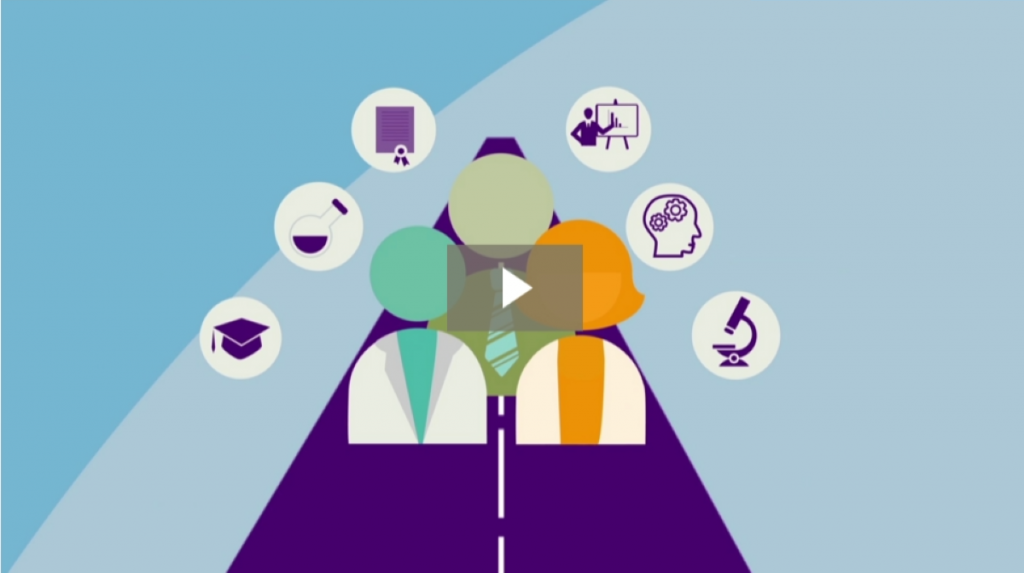Team Science – transforming interdisciplinary research careers
Team Science – transforming interdisciplinary research careers
The benefits of collaboration to scientific progress should drive the academic community into doing more to encourage and reward those working in teams.
Script
Working together is a key part of solving challenges in science.
Now, more than ever, researchers are collaborating in teams bringing together diverse groups of experts to find answers to contemporary global problems.
The benefits of collaboration to scientific progress are clear, but the academic community is still failing to encourage and reward those working in teams.
We’ve engaged with a wide range of researchers, funders, employers and publishers, and found that issues of career development and a lack of recognition can impact on individuals when they work in teams.
Biomedical research is rooted in a tradition of individual and small team scholarship with an emphasis on leadership and independence. But as research is done increasingly by teams, academia must embrace a fundamental change in its approach.
We are calling for improved information about the contributions of individual team members and for that information to be used and valued in assessment. As a first step, we recommend that researchers sign up to obtain an individual identifier through ORCID. Employers, funders and researchers should work with publishers to develop a standardised contribution information framework that can be used on research publications.
As well as calling for better information about the contributions of individuals, we’ve made recommendations in four key areas.
Funding opportunities should be both flexible and generous, allowing for the longer timescales needed to build and coordinate teams.
Funders should regularly review the balance, flexibility, length and magnitude of support they offer for team science projects.
Team members should also have access to focused and appropriate training in skills such as networking, leadership and management at all career stages, with funders, employers and researchers working together to develop nationally recognised schemes.
All researchers should agree on milestones, credit and responsibilities throughout a project.
Skills specialists, such as those working to support aspects of the research process, or who manage core research facilities and equipment, need clear, well supported career paths.
Employers should actively manage skills specialists to support them in delivering collaborative science. And researchers should make sure that skills specialists are fully acknowledged for their contributions.
All stakeholders need to work together, to ensure that those who participate are recognised, trained, rewarded and supported.
For more information on our recommendations visit http://www.acmedsci.ac.uk/teamscience





-01.png)